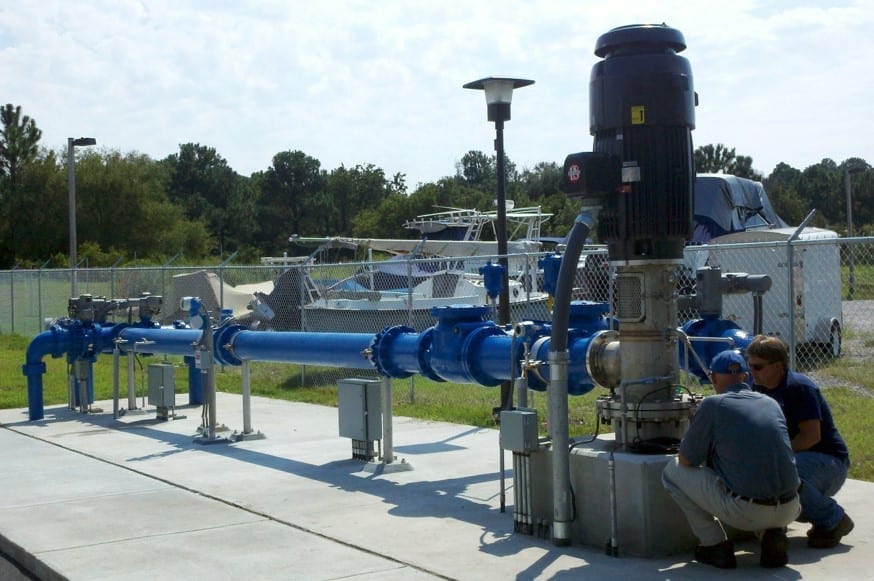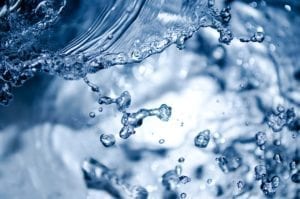Hilton Head PSD’s Aquifer Storage & Recovery (ASR) Facility is one of 28 projects worldwide selected by the United Nations Educational Scientific and Cultural Organization (UNESCO) as global great examples of Managed Aquifer Recharge (MAR). The projects are being featured in an upcoming UNESCO publication entitled Managing Aquifer Recharge: A Showcase for Resilience and Sustainability.
The book was planned for unveiling at the 2020 Stockholm World Water Week in Stockholm, Sweden, but that event was canceled due to the COVID-19 pandemic. The PSD’s facility is one of just two projects in the United States selected for the book. MAR includes surface recharge and also well recharge (ASR). As part of the UNESCO recognition, a presentation about the PSD’s ASR Facility was given by the project engineer, David Pyne of ASR Systems LLC of Gainesville, FL, at a November webinar in Pisa, Italy. The webinar was hosted by MARSoluT, the Managed Aquifer Recharge Solutions Training Network, which is a four-year Marie Skłodowska-Curie Actions Innovative Training Network funded by the European Commission to train scientific researchers from around the world. Pyne and PSD General Manager Pete Nardi contributed to the book’s case study about the PSD ASR Facility.
The PSD’s ASR Facility began operations in 2011 as the first ASR Facility on Hilton Head Island. The facility stores more than 250 million gallons of treated drinking water in the brackish Middle Floridan Aquifer at a depth of 600 feet below ground. It then withdrawals and re-treats the drinking water for distribution. The storage occurs in the winter months of lower demand, coinciding with a reduced wholesale water rate from the PSD’s wholesale water provider, the Beaufort-Jasper Water & Sewer Authority, on the mainland. The withdrawal and re-treatment for distribution occurs in the summer months of higher demand, and when the full wholesale water rate is in effect. The ASR Facility played a crucial role in the PSD’s recovery from Hurricane Matthew in 2016, by providing emergency water supply needed to re-pressurize the water distribution system.
UNESCO views MAR as a key component in addressing the security and quality of water supplies in water scarce areas, and to improve adaptation to climate change. Learn more about UNESCO’s MAR program here.





